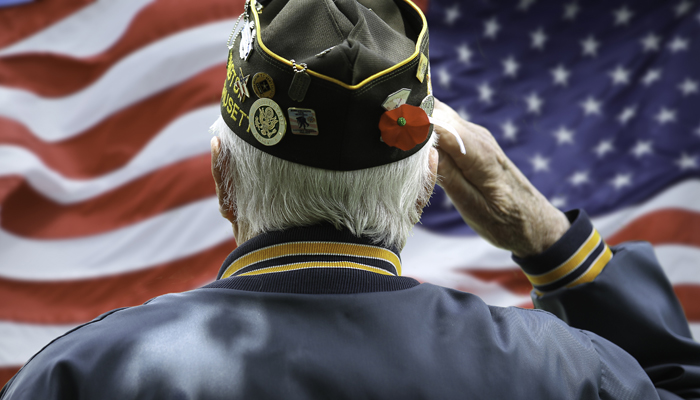
If the person you care for is a combat veteran, you may not have heard much about those experiences. You are not alone. In generations past, veterans made it a point to put the war behind them and “forget.” But things can take a dramatic turn in later life. As they face the challenges of serious illness, many vets start having symptoms that appear to be a delayed form of PTSD.
Common triggers
Physical pain, need for medication, or dependence on others can bring up old, traumatic memories. Dad may start to have nightmares or insomnia. Or you might notice an unexplained change in Mom’s temperament. Researchers believe this comes on because the stress of illness makes it too hard for the mind to continue suppressing the bad memories. For instance:
- Trouble breathing from an illness such as COPD brings up past anxieties.
- Pain can provoke memories of one’s own or another’s injuries.
- Medications for pain or other conditions can cause fuzzy thinking. This in itself interferes with keeping combat memories at bay.
Moral and spiritual concerns
Sadly, combat veterans have seen the worst humanity has to offer. Your family member may have had to bury feelings about things he or she was called on to do in the line of duty. As the reality of “meeting one’s maker” draws closer, however, overpowering emotions of shame, guilt, and regret may arise.
What you can do
Veterans typically don’t like to talk about their wartime experiences. But they will talk with another vet. The Veterans Administration is aware of these late-life issues. They have counselling available for vets and for family members. In addition, hospice and palliative care programs often have a “We Honor Veterans” program. Their practitioners are specially trained to support the care needs of those who selflessly answered the call of duty.

